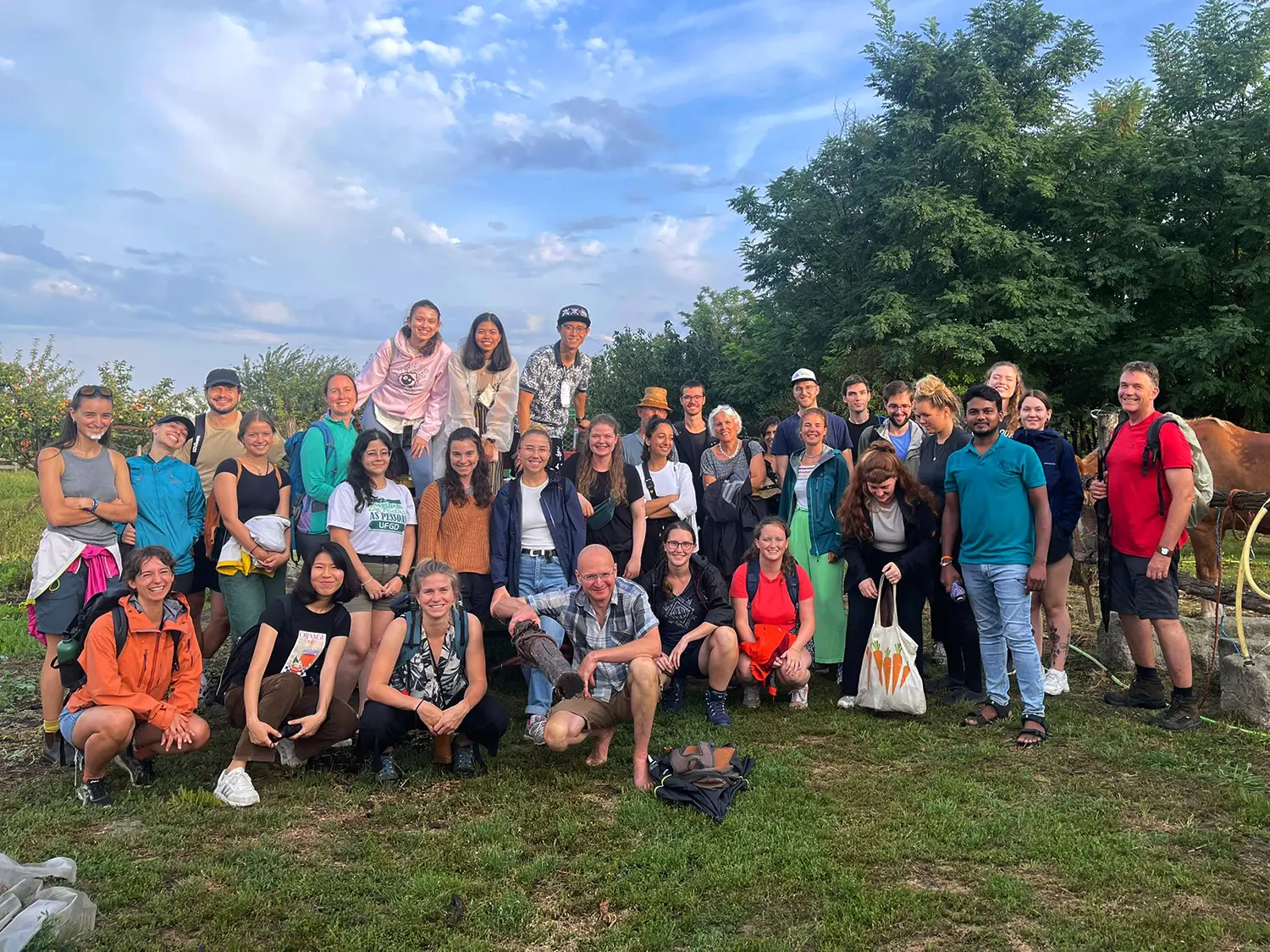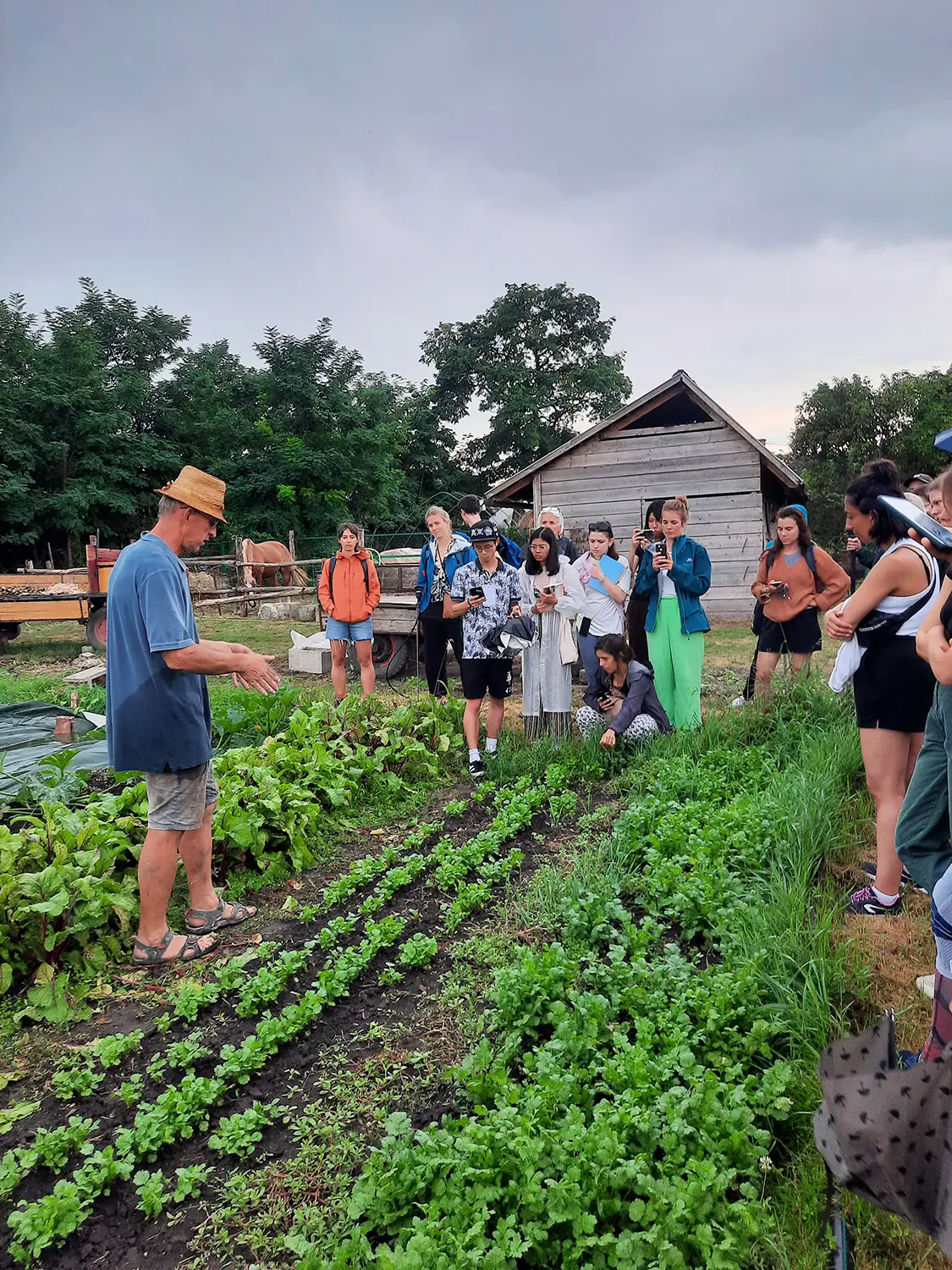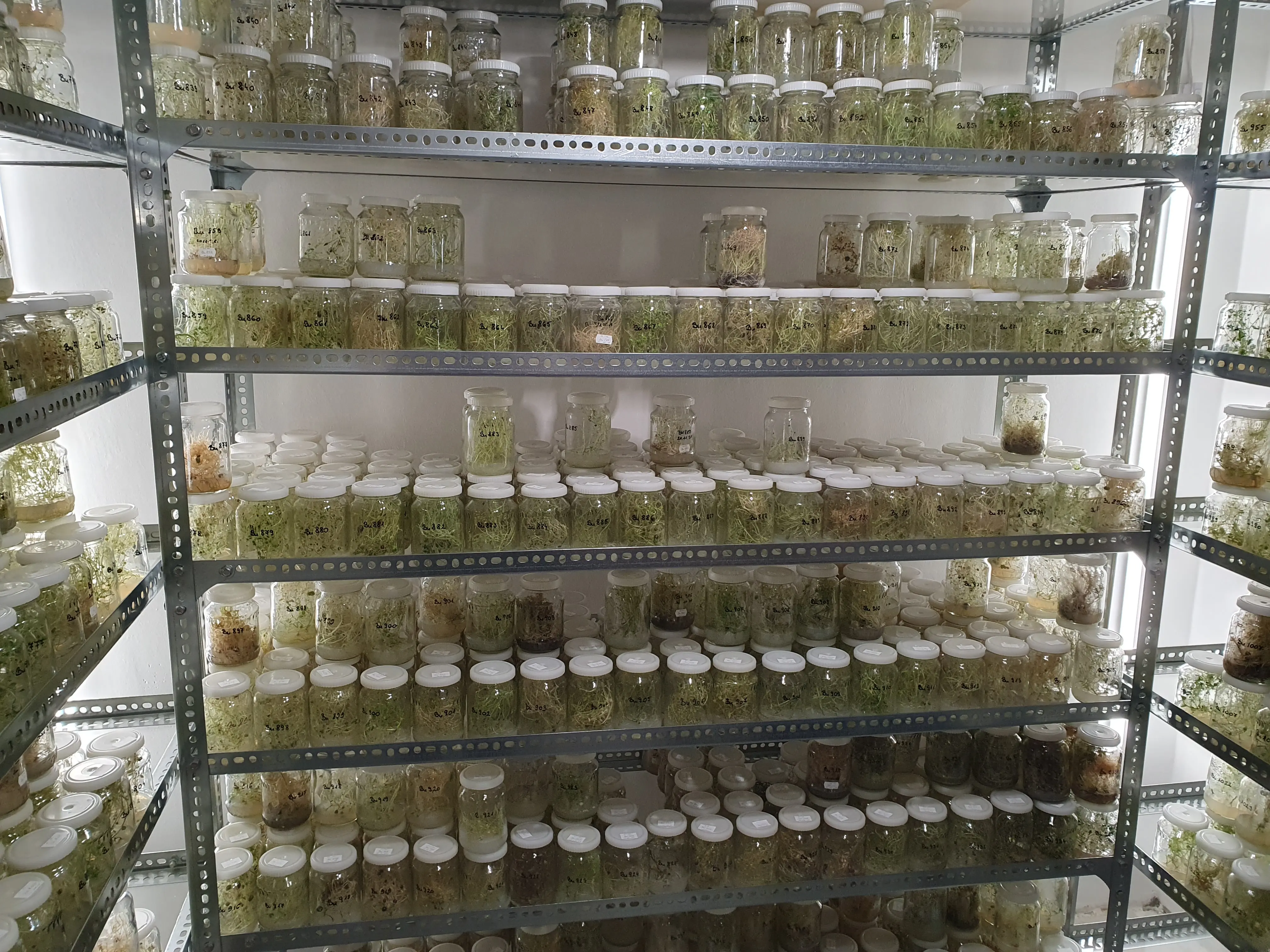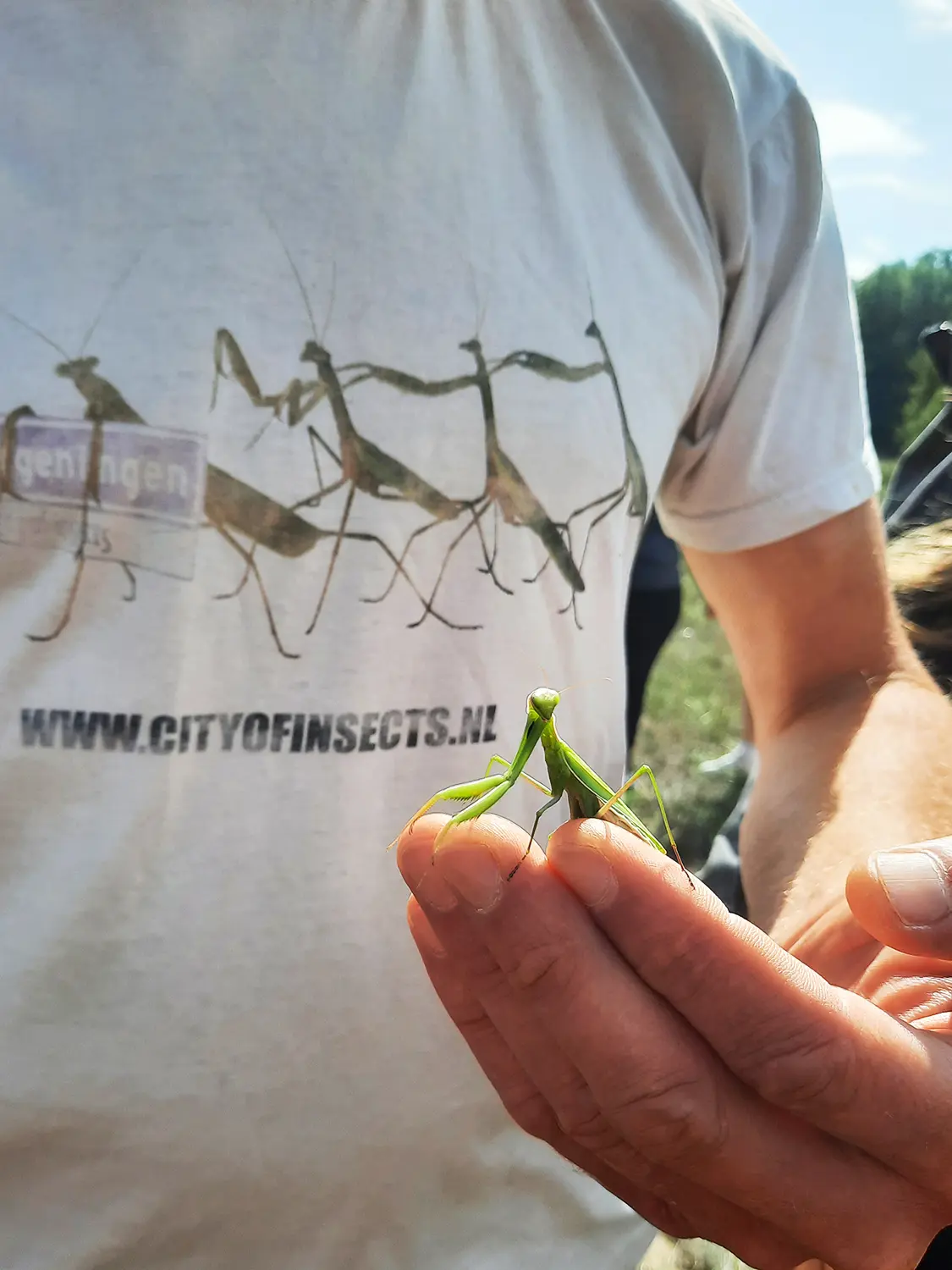Agrobiodiversity Summer School: Diversity for the Agriculture of the Future
The Agrobiodiversity Summer School in Hungary was a success! The OC is already looking forward to the next event in Slovenia. The students - international, interdisciplinary and highly motivated - made an important contribution to the success with their commitment.
At the beginning of September, 29 students had the opportunity to immerse themselves in the diversity of Hungarian agriculture for ten days. Together they analyzed and discussed the importance of agrobiodiversity for an agroecological transformation based on practical examples. The Summer School was organized by the Geography of Food Research Group together with the Research Institute of Organic Agriculture in Hungary (ÖMKi) and Switzerland (FiBL), with the support of the Mercator Foundation Switzerland.
Agrobiodiversity in Hungary
Whether it was the history of the Hungarian Grey Cattle - a traditional, robust breed of cows - the visit to the National Gene Bank for the Conservation of Crop Varieties, or the excursion to one of the few organically managed vineyards in Hungary: During the Summer School, the participants had the opportunity to experience different examples of the promotion of agrobiodiversity on site and to exchange views on this with the local actors. In small groups they analyzed the case studies and worked out possibilities for their future development.
For example, we learned why there were only about 200 individuals of Hungarian Grey Cattle left in the 1960s, that these relatively wild animals cannot be petted, and that they are specifically well suited for landscape management in the Hungarian National Parks. Or that the wine varieties in Tokaj were the first in the world to receive recognition with a protected designation of origin, and the demand for organic products, including wines, is very low in Hungary.
International und interdisciplinary
The internationality of the students and their different backgrounds also allowed us to get to know best practice examples of agrobiodiversity from all over the world through different perspectives. Thus, the professional backgrounds ranged from environmental science to global change ecology to data science, and the origins from Brazil to Wädenswil to Thailand.
The highly motivated students as well as the practical examples and the organizing team contributed to the success of the Summer School. The Agrobiodiversity Summer School 2023 was intense, offered valuable experiences and enabled encounters that will have a long lasting impact.
In 2024, the Agrobiodiversity Summer School will be held in Slovenia. The application will start towards the end of 2023.
More information on the Summer School
More information on the Masters programme in Environment and Natural Resources
More information on the specialization "Agroecology and Food Systems"




